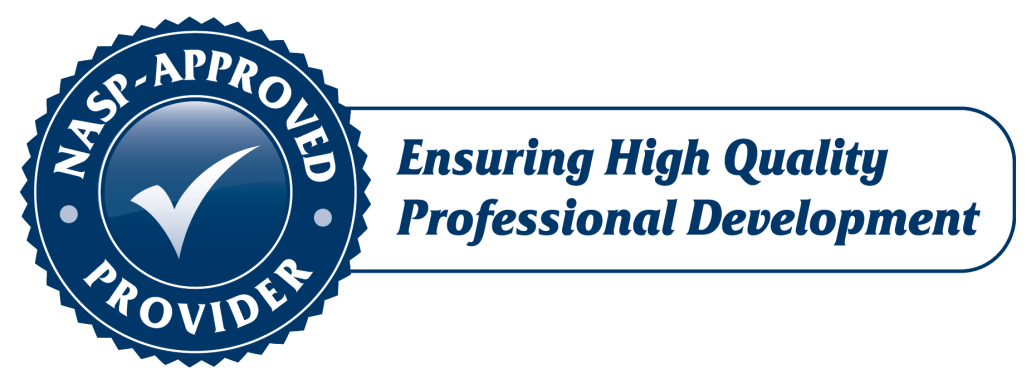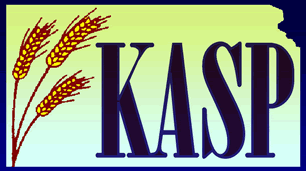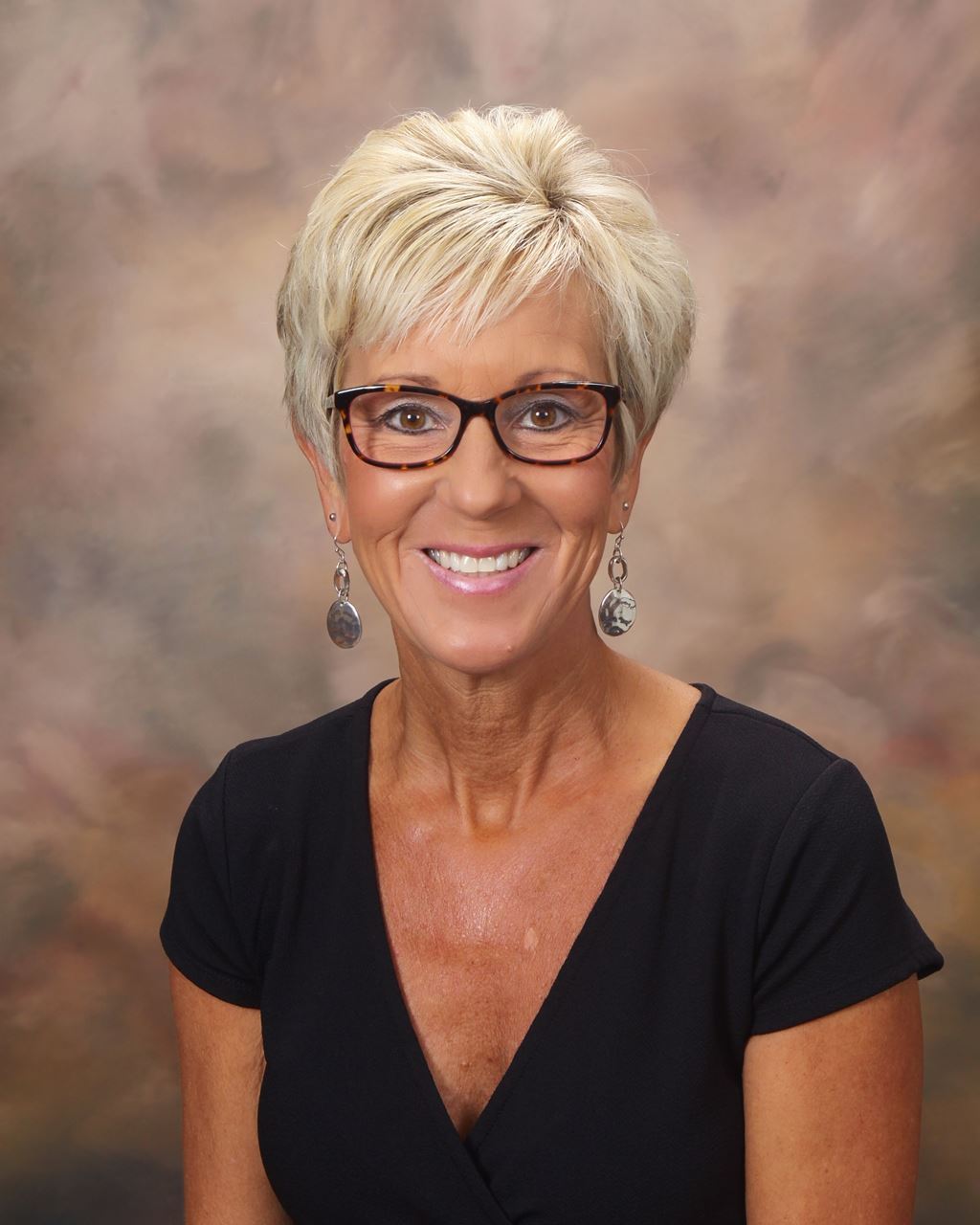| KANSAS ASSOCIATION OF SCHOOL PSYCHOLOGISTS
Empowering Children, Educators, and Families |
Kansas Association of School Psychologists
Teresa Walters, Editor Jill Marzolf, Associate Editor
Spring 2021
|
Happy Spring Kansas School Psychs! I hope this message finds you enjoying everything Spring has to offer…warmer weather, longer days, beautiful sunshine, and necessary rain to help with greener grass and beautiful flowers. We need all of these positives as we approach our final push toward the end of the school year! Many recent facebook memories are stark reminders of where we were just one year ago. This has definitely been the longest and shortest year ever. I’m very happy we are nearing the end of this phase but I know many of you probably never dreamed you would still not be in school full-time. Likewise, many of us are thrilled to be winding down after being in person since August or September with all of the changes that came with it. It’s been a whirlwind for sure. I know the end of the year can be filled with those last minute referrals but I wanted to remind you of upcoming events and fill you in on how your amazing KASP board has been working for you. Spring conference is open for registration on KASP.org. I cannot stress enough how important it is that we all hear the same message when it comes to fine tuning Dyslexia assessments. This is your chance to hear from two of the experts in our state, how we should be moving forward with evaluating for dyslexia. Please consider attending. This will be a virtual conference so should be easy for everyone to join. It’s so important for us to embrace our role of helping carry out the new legislation. We want to be the experts and help guide our schools in everything from interventions to evaluation. This should be a huge first step. Big thanks to Jonathan Smeeton, KASP Government and Public relations representative, for presenting to the House and Senate Education committees at our Virtual Mental Health Lobby Day. He, along with social workers and counselors, advocated for the importance of mental health in our schools and the roles each of us play in providing these services to students and families. Jon spent a great deal of time preparing and represented us well. The KASP board is also continuing to work with national leaders to revise and update our strategic plan in order to make it more succinct and relevant to our focus. I hope many of you were able to take advantage of NASP’s virtual format this year. It was phenomenal! There were so many great presentations and keynotes. We had several Kansas School Psychologists represent our great state with informational presentations. There is no better self-care than spending a few days with colleagues who understand our challenges and our successes (well…short of a tropical vacation or massage). Enjoy the rest of the school year and I hope you all can see the light at the end of the tunnel. You are amazing! Thank you for continuing to represent our profession. And remember, practice self-care, leave work at work, know all deadlines won’t be met, take a day off, and convince yourself that taking time for you and your family is worth it. Please reach out to me or another board member if you have specific requests. Our information can be found on the KASP web-site. Cheers to the 4th quarter! Stacey
|
Board Minute Summary by Angie Howard, Secretary The KASP Board convened via teleconference platform on the evening of Friday, January 8, 2021 and on Saturday, January 9, 2021. The Board engaged in roll call and new members were welcomed. Members of the board participated in onboarding procedures, which included a review of board responsibilities and the constitution. The board members also completed a brief web training related to fulfilling duties as members of the KASP Executive Board. The outgoing KASP Student Representative shared results of a student survey completed by those attending the KASP 2020 Fall Virtual Convention and the board discussed how to utilize the feedback for purposes of enhancing student participation and membership experiences. Board members engaged in a review and update of the KASP Strategic Plan. This discussion included a refined vision for KASP Committees and a call to seek additional committee participation from general membership. Discussion regarding the strategic plan also highlighted additional focus on advocacy work and an update was provided regarding status of advocacy efforts as well as future work with the NASP Government and Public Relations Committee to a further refine and implement strategic goals related to advocacy and legislation. An update was provided regarding School Mental Health Advocacy Day. Regional reports were given and talking points from each Fall Region Meeting were shared with the group. Primary talking points included reaction to the KASP advocacy “elevator speech”, needs of membership to support Kansas school psychologists in a more expanded service role, and possibilities for continued virtual professional developments as well as combined regional virtual conferences. Reports were also given by the Executive Manager, NASP Delegate, WAC Committee, and Conference Chair. The treasurer gave the end of year report and discussed changes to the budgetary tracking system for improved accuracy and transparency. The board then engaged in budget planning and voted to approve the budget for the current year. Members of the board worked to refine and finalize plans for the Spring 2021 Virtual Conference and continued planning for the KASP Fall 2021 Convention. The board determined that a virtual format for the upcoming fall convention would be best given the current climate. |
|
Kansas School Psychologists Navigating Dyslexia from Science to Legislation to Practice
April 30, 2021
Virtually from 8:30-11:00 and 1:00-3:00
Earn 4.5 hours CPDS
Registration is open on the KASP website: Kansas Association of School Psychologists - Conferences and Regional Meetings (kasp.org)
Timely Topics The school psychology licensure standards are open for public comment through April 9: |
Blue Ribbon Taskforce on Bullying Winds Down
By Jim Persinger
In March 2019, Kansas Commissioner of Education Dr. Randy Watson announced the Blue Ribbon Task Force on Bullying. The purpose was to develop recommendations for the State Board of Education, and inform policymakers at KSDE and the Kansas legislature. The group was well informed by the state’s social-emotional learning initiative.
The Task Force was chaired by Dr. Rick Ginsberg, dean of the University of Kansas School of Education, and James Regier, superintendent of Whitewater-Remington USD 206. A total of 37 members served, including teachers, business leaders, KSBE members, legislators, school administrators, organization leaders, and mental health professionals. KASP was well represented! Our Communications Director Kim Keiser served, including on the writing team headed by Dean Ginsberg, and I served, including as Chair of the Cultural Awareness subgroup. My charge was to identify demographic groupings which impact bullying rates and offer policy and other recommendations. To be fair, though, I wasn’t invited as a representative of KASP, but rather as a trainer of school psychologists and as a representative of GLSEN.
The overall charge of the Task Force was to research and identify current bullying trends, review data and explore prevention measures occurring across the state. This included a review of current statutes, regulations and policies to determine need for change, and identifying possible avenues that could reduce and prevent incidents of bullying and cyber bullying
The Task Force members embarked on a statewide listening tour, where parents, students, constituents, local educators and others were invited to engage with the process. One of the more interesting aspects was a dive into the longitudinal data available from the Kansas Communities that Care (KCTC) survey of Kansas youth, available at http://kctcdata.org/. School psychologists not familiar with that resource, take note! A wealth of information about not just bullying but also resilience factors, availability and use of illegal substances, school involvement, academic failure and more can be mined there. It can be reviewed down to the county level and even district level, which isn’t a bad way to get current data and trends on matters which should guide the tiered approaches under our purview.
On a few occasions, personnel from districts reported on bullying in their districts which they perceived as having dramatically worsened in recent years, or having dramatically improved in response to new initiatives or programs. As they did so, I found from browsing the KCTC that data taken from their district’s students typically didn’t support the perception of the district personnel, a predictable outcome for those familiar with bullying literature, such as Olweus’ work. In fact, it strongly contradicted a group which suggested a particular approach to bullying they’d implemented had been astoundingly effective. This did reinforce, at least for me, that the tendency of school psychologists to rely on data-based decision-making in all of our efforts, including program evaluation, continues to be a better approach than um, feelings.
As for the recommendations I made to the Task Force, most of which ended up in the final report, the key points included:
- Recommended school psychologist ratios should be at least 1:500. We made some progress in this, in that in the final report, the Task Force agreed to a recommendation of 1:500-700.
- KSDE intended to use the MEWe network to allow K-12 youth to anonymously report to KSDE on bullying. However, given MeWe’s age requirements, that would only allow juniors and seniors to be heard from, thus a different approach is needed.
- The KCTC had limited demographic information, not allowing key demographics related to disparities in bullying and educational outcomes to be assessed. Specifically, LGBTQ+ status isn’t included, though there is no group which has higher disparities in bullying. I formally requested that KDADs (which oversees the KCTC) include such demographics, to better understand the needs of these youth. Change is underway: On multiple occasions in spring 2021, KDADs has consulted with me about how they might reconfigure the demographics section of the survey to assess that dimension.
- Most bullying prevention and intervention strategies and data approaches aren’t gender inclusive, e.g., sexual harassment data is often taken only from females and physical bullying data taken only from males, suggesting a more inclusive approach is needed. Similarly, developmentally relevant strategies aren’t always implemented, e.g., dating aggression prevention as youth approach puberty.
- Bullying experiences should be integrated into mental health assessments, and include technology use.
- To address the needs of migrant families, weight should be given to recommendations from these communities that schools should have better security and accountability, visible anti-bullying programs, education for students on bullying and culture, better school/parent communications, and a cessation of labeling of migrant children.
- To address LGBGTQ+ youth disparities, staff should be visibly supportive (e.g., signs of allyship, “Safe Space” stickers), Gender Sexuality Alliances should be available to all (current data suggests fewer than half of schools have them), and school policies and practices should be reviewed to assure they don’t discriminate (e.g., dress codes, need for enumerated policies).
All activities of the Task Force were transparent and open to the public, including that any member of the public could join the meetings through Zoom. This included time for members of the public to address the group at the start of each meeting. All agenda, minutes, presentations, handouts, etc. are available at https://www.ksde.org/Agency/Division-of-Learning-Services/Special-Education-and-Title-Services/Early-Childhood/Blue-Ribbon-Taskforce-on-Bullying. The final report of the Task Force is available on that page.
SAVE THE DATE - FALL 2021 Virtual conference: October 14th and 15th |
Student Section
Check out our testimony to the house and senate education committees for mental health lobby day.
Senate: https://m.youtube.com/watch?v=GPSxs7rJgVw&feature=youtu.be
House: https://m.youtube.com/watch?v=B8fpdAaZ-jI&feature=youtu.be
Kansas Association of School Psychologists (KASP) is approved by the National Association of School Psychologists to offer continuing education for school psychologists. KASP maintains responsibility for the program.

KASP is a NASP approved provider of CPDs. KASP is approved provider #1030
No person will be denied access to or full participation in any KASP program, event or activity on the basis of sex, race, color, national origin, disability, or age.

